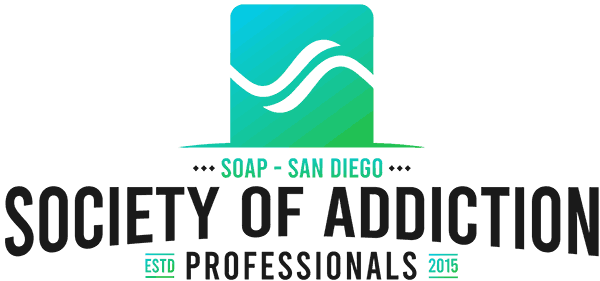For years, researchers have sought to help people addicted to meth. One of the biggest reasons that people addicted to methamphetamine relapse is the intense withdrawal effects. Unlike people who become dependent on opioids, there aren’t any drugs specifically approved to treat meth withdrawal symptoms.
Understanding Medication-Assisted Treatment
Medication-Assisted Treatment helps people addicted to a specific drug, like methamphetamine, experience fewer withdrawal symptoms as well as desires/compulsions to use. No medications are approved to quell the intense cravings that people addicted to meth experience.
Medication-Assisted Treatment (MAT) is considered to be the gold standard for people with opioid use disorder. Alongside appropriate therapy, former opioid users are much more likely to stay sober in the long-term.
When a person addicted to meth wants to get sober, they can still go to detox to be made comfortable. Doctors can treat fevers, stomach upset, and other ailments. However, some people who are coming off of years of hard methamphetamine have strong withdrawal symptoms. The cravings are intense, and so are many other side effects, which aren’t all treatable.
While doctors cannot alleviate the cravings caused by meth addiction, new research has begun to help addiction professionals carve a path to MAT-assisted Treatment for people whose drug of choice is meth.
New Promising Research: MAT for Methamphetamine Users
New research has found that combining two standard, well-known medications for opioid withdrawal is effective against methamphetamine withdrawal. Naltrexone, which is often used in prisons, is a tool for people who want to stay clean from opioids. The other drug is bupropion, an antidepressant that has helped millions of people quit smoking.
In combination, the researchers say, helped a significant number of test subjects reduce withdrawal symptoms. The subjects stayed on the drugs for 12 weeks. 13.4% of patients who took the drugs felt they were helped, compared to 2.5% of the placebo group.
The project’s lead researcher, Dr. Madhukar Trivedi, points out that while those numbers may sound low, only around 11% of people respond to each specific mental health treatment and usually have to try several to get the right combination for themselves.
Meth addiction can be devastating, and this is the first time any medication combination has helped research subjects with their cravings. That’s a significant beginning for people with methamphetamine use disorder, giving them a little more of a fighting chance to get sober.
There will be more research, and more success, targeting the same parts of the brain that other addictions seem to affect. Saving lives, and helping people get into recovery, is always the ultimate goal.
About the San Diego Society of Addiction Professionals
SD-SOAP is a peer group that works to innovate and create a standard of care in the addiction recovery profession. We talk about changes in the industry and support each other through networking. Check out our free online meetings for people who work in the treatment profession.

